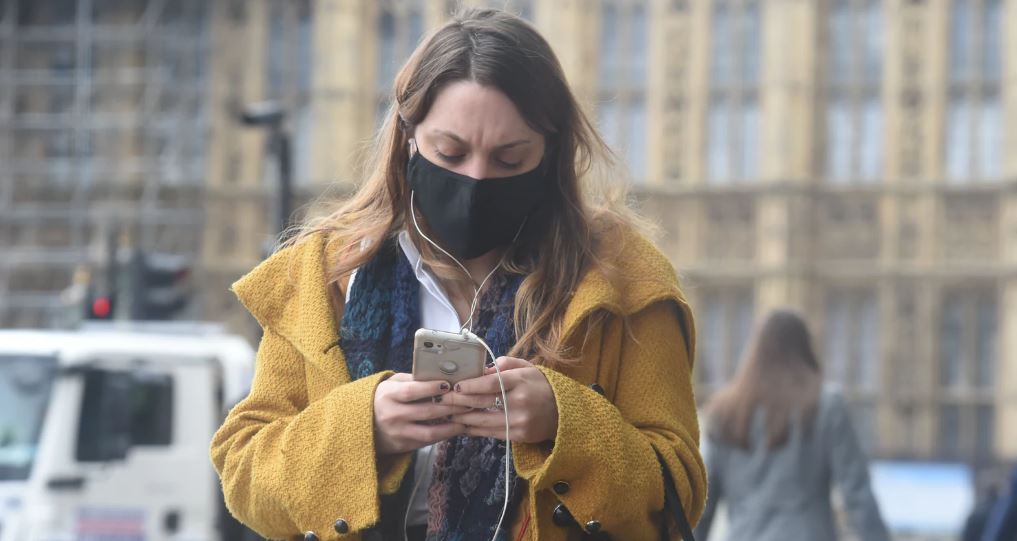As the government is looking into exit strategies to restart normal life after the lockdown imposed to contain the new coronavirus (Covid-19), a survey showed that 51% of its respondents want a coronavirus app, but only under strict conditions.
The government is looking into introducing apps that process personal data on a far-reaching level. Which data exactly, and for what purpose is still to be determined.
However, according to a survey conducted by the Knowledge Centre Data & Society (Kenniscentrum Data & Maatschappij), which is comprised of three existing research centres and funded by the Flemish government, 39% of 1,708 respondents do not want to install an app on their smartphone to fight the coronavirus.
10% do not know, and 51% are prepared to install an app like that on their phone. Of the latter, 88% is (very) worried about the current coronavirus crisis.
Depending on the purpose that the app would be used for, however, the figure of people willing to install it vary. For example, 54% do not approve of using the app to deny access to a supermarket or public transport, for example. 26% of respondents are against a feature that suggests staying in quarantine for 14 days, and 19% do not want a feature predicting the further spread of the virus based on personal location and contact details.
"The current attitude towards data sharing has an expiration date," said Marijn Martens, an imec-MICT-UGent researcher. "It is not because respondents are inclined to share certain data now, that this will still be the case after the crisis. After the coronavirus crisis, about 25% indicated that they were more critical about sharing data," he said, adding that "it is important to indicate very clearly the reason behind the collection of certain data."
Related News
- Coronavirus: Belgium reaches 31,119 confirmed cases
- Coronavirus: Belgium surpasses 4,000 deaths
- Coronavirus: WHO selects Liège airport as key medical supply hub
51% of respondents are willing to share their GPS-location with the app during the coronavirus crisis, but the figure drops to 34% when the crisis is over. Using mobile phone location, which is the least precise, meets the least resistance, and GPS location meets the most.
Looking at mobile phone, GPS and Bluetooth data, after the crisis, about 1 in 4 respondents are less willing to share their data. This is a large number, according to the researchers, as respondents who already do not want to share their data during the crisis, cannot get stricter after the crisis.
Apart from which data is shared, the willingness to share it also depends on who it is shared with. Half of respondents feel confident in sharing their data with the government, but 63% are willing to share their data with hospitals.
What will happen with the data after the crisis, is a big concern for most of the respondents, the researchers noted. 78% think that personal data shared in the context of the coronavirus crisis will later fall into the hands of other organisations or companies, for who it was not intended, and 65% of respondents fear that current measures will lead to undesirable practices in the future. 63% are concerned about the apps that may follow.
While only 7% consider the measure of social distancing and 16% the measure of only making essential journeys not acceptable, 39% of respondents considered at smartphone app not acceptable in the fight against the virus.
"Privacy is not dead yet," said Rob Heyman, the Coordinator of the Knowledge Centre Data & Society. "In many cases, our respondents make an assessment and only allow the most necessary," he added.
The centre reported that, based on socio-demographic data of the respondents, the survey's answers do not represent an entirely representative sample of Flanders, as it could not reach enough low-skilled women.
Maïthé Chini
The Brussels Times

